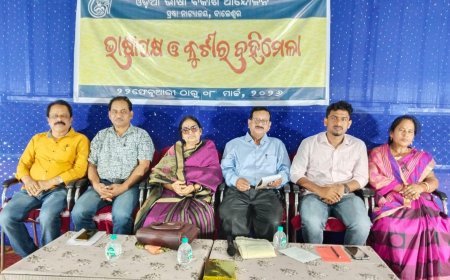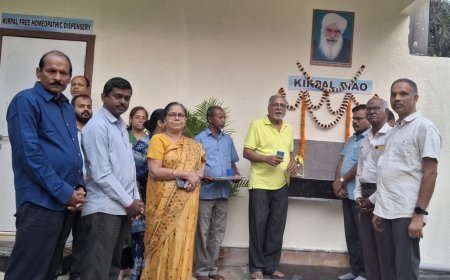Bhanumati: An Extraordinary Tale (Part:2)
The story of mythology Draupadi & bhanumati

By Sanjay Bhatt
Bhanumati, a prominent name in the Mahabharata, is renowned not only for her beauty and intellect but also for her wisdom and foresight. The events and decisions in the life of Bhanumati, the princess of Kamboja, offer a profound insight into the social and political conditions of that era.
Bhanumati and the Glory of Kamboja
Kamboja, an ancient kingdom, was celebrated for its prosperity, military expertise, and horsemanship. Its capital, Pushkalavati, located in present-day Khyber Pakhtunkhwa, Pakistan, was a significant center during the Mahabharata period. Bhanumati, the daughter of King Chandravarma of this illustrious kingdom, embodied its splendor. Her name, meaning "radiant" or "shining like the sun," reflects her divine charm and brilliance.
From Swayamvara to Abduction
At Bhanumati’s swayamvara (a ceremony where a princess chooses her husband), warriors from far and wide gathered. However, Duryodhana forcibly took her as his wife. This marked a turning point in her life. Despite the circumstances of their marriage, Bhanumati managed her role with grace, intelligence, and resilience. She bore two children, Lakshmana and Lakshmanaa, who symbolized the next generation of the Kaurava dynasty.
Bhanumati and Lord Krishna
Bhanumati was a devoted follower of Lord Krishna. Despite Duryodhana's opposition, her devotion remained steadfast. It was this faith that inspired her crucial decision to marry her daughter, Lakshmanaa, to Arjuna, thereby ensuring the survival of the lineage after the Mahabharata war. Her actions played a pivotal role in preventing further wars and fostering new alliances.
Origin of the Phrase: "Bhanumati ka Kunba Joda"
The various incidents and decisions in Bhanumati’s life gave rise to the saying: "Bhanumati ka kunba joda" (a metaphor for assembling disparate elements). This phrase symbolizes her unique ability to safeguard her family and create new political and social structures through her resourcefulness and acumen.
Bhanumati’s Final Journey
After the deaths of Duryodhana and Lakshmana, Bhanumati dedicated her life to Krishna bhakti (devotion). Her daughter, Lakshmanaa, married Krishna’s son, Samba, exemplifying her astute political decisions. Bhanumati’s actions significantly influenced the complex politics and society of the Mahabharata era.
Bhanumati in History and Literature
Bhanumati is remembered not only as a historical figure but also as a symbol of resilience, negotiation, and foresight. Her life reflects values that remain relevant even today.
The Meaning and Symbolism of Bhanumati
The name Bhanumati, meaning "radiant," also symbolizes a personality that masters the art of achieving the impossible. Her story teaches us how wisdom, patience, and determination can pave new paths, even in the face of adversity.












































